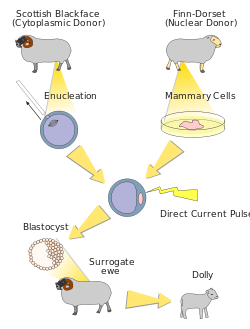202 BC Peking, History: The four hundred years of the Han Dynasty in China began with the coronation of Liu Bang as Emperor Gaozu. During this long period of stability, China prospered.

1790 Sydney, History: Governor Phillip signed John Irving’s Warrant of Emancipation, making him the first convict to be freed. He went to Norfolk Island to work as a surgeon’s assistant. Later when he returned to Port Jackson he was awarded thirty acres of land at Parramatta.
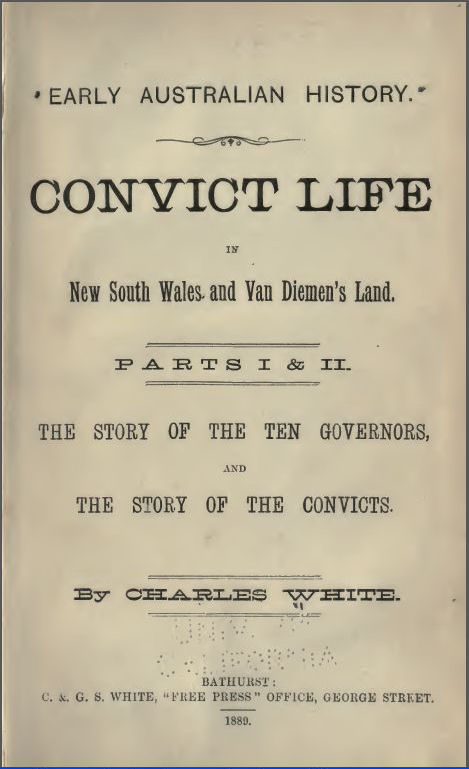
1840 Ripon (Wisconsin), Politics: In the Little White School House the Free Soil Party was born and it later morphed into the Republican party in 1852. Three of the five signatories to the minutes of the first Free Soil meeting had been members of an Associationist Fourier community inspired by French utopian socialist Charles Fourier which had flourished in what is now Fond du Lac county at Ceresco just east of Ripon. This origin is discussed on other posts on this blog. Get clickin’ for enlightenment. By the way, the term ‘Free Soil’ referred to those who worked it, free, not slaves.
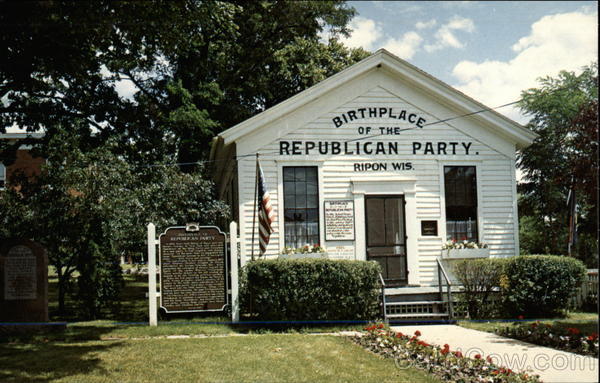
1933 Washington, D.C., Politics: President Franklin Roosevelt appointed the first woman to a cabinet position, Francis Perkins, who became and remained Secretary of Labor until 1945, playing a pivotal role in Roosevelt’s make-work programs during the Depression, and an even larger role during the war. She is one of two only cabinet members to serve throughout Roosevelt’s presidency.
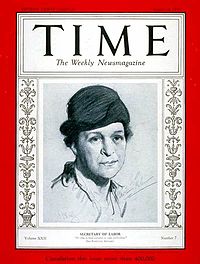
1953 Cambridge, Science: James Watson and Francis Crock published the double-helix structure of DNA.

Month: February 2019
‘The Singing Masons’ (1950) by Francis Vivian and ‘Beekeeper ‘(1999) by J. Robert Janes
‘The Singing Masons’ (1950) by Francis Vivian
GoodReads meta-dat is 226 pages, rated 4.25 by 4 litizens
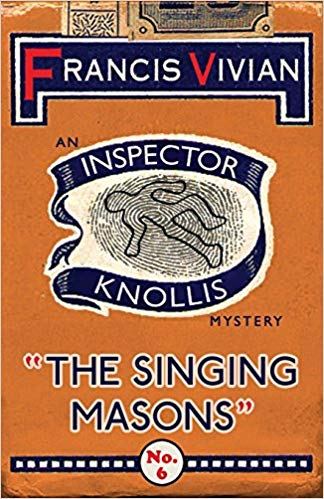
‘Beekeeper ‘(1999) by J. Robert Janes
GoodReads meta-data is 305 pages, rated 3.96 by 28 litizens
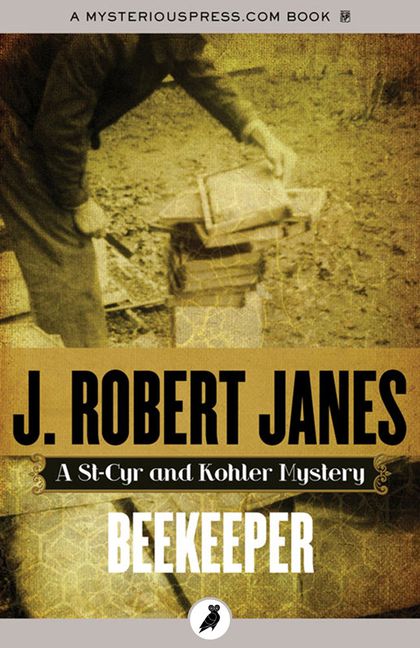
Verdict: Beeology galore.
In ‘The Singing Masons’ the local playboy is found at the bottom of a well. Scotland Yard dispatches Inspector Knollis to the small town of Cleverly to get to the bottom of things. (Groan.) He does.
Nobody has a good word to say about the deceased, not his fiancee, not colleagues at work, not his many conquests, not his landlord, not his cousin, not anyone. Moreover, as investigation continues it seems Playboy was up to some shenanigans of his own, burning down the property of a romantic rival, and planning to murder his fiancee as soon as they were married so he could inherit and move on. Like a good stereotype, there was no end to his perfidy.
The manners and mores are rural England of the 1950s. I expected my crush Flavia to show up at any moment on her bicycle Gladys and sort things out with her chemicals. No such luck.
This is a puzzle krimi in the manner of the Queen of Crime, Agatha Christie. All the information is there for the reader to detect the villain and in due course, after repeated, and I mean repeated, interrogations the plod do detect the villain, who was obvious from page one to hardened krimiologists.
I chose to start with this, the sixth, volume in the Knollis series because I have been reading about bees in several books discussed elsewhere on this blog. There is much lore about bees, and in the end the bees are well integrated into the story throughout and decisive in the plot.
While in the literary apiary I also re-read Janes’s ‘Beekeeper.’ This is the eleventh in his series. He sustains the an atmosphere like few others. It is winter in Occupied Paris, January 1943. There is no fuel for heating. No energy for lighting. Little food. The Occupier is everywhere.
A beekeeper is found poisoned and St Cyr and Kohler, that odd couple, are assigned the case. It is dark and tangled world of black market, rapacious Naziis, rivalries among rapacious Naziis, bitter priests who have been displaced by the Occupier, the shadowy resistance, and the sheer struggle to survive.
The fact at the bottom of the mystery is that one of the evils of Naziism was the wholesale destruction of beekeeping in Russia. In rear areas, apiaries were systematically looted with the hives piled on railway cars and send to Paris, where there was a thriving market for beeswax candles (since no electricity was available any longer, and moreover churches had to have beeswaax candles). Thousands and thousands of hives, and in them came a bee virus that began to infect French bees.
The beekeeper had found this out and was about to tell all. Is that why he was poisoned? Or was it because his wife hated him for rejecting her son by another marriage? Or was it the animus of childhood friends whom he had blackmailed for years? Or the local priest who might suppose the flock would be more stable without this volatile man around? Or did the alienated step-son do it? Or was it a supremo of the black market? Or the German importing the hives? Or…. Or was the poison intended for someone else entirely?
I admit at the end I was not quite sure what the answer was, but the trip, as always in these stories was engrossing..
27 February
1827 New Orleans, Popular Culture: On this Tuesday a group of costumed and masked youths danced through the streets of the Vieux Carré accompanied by musicians. Mardi Gras remained amateurish until 1833 when a wealthy planter funded an official celebration in the city. From these seeds Tuesday grew fat.
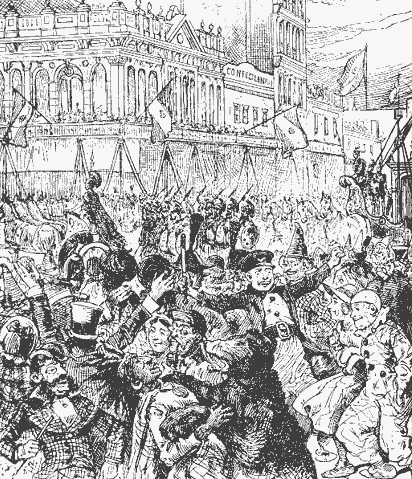
1860 New York City, Technology: Mathew Brady photographed presidential candidate Abraham Lincoln campaigning. Brady said ‘I felt an obligation to preserve the faces of the country’s historic men and women.’
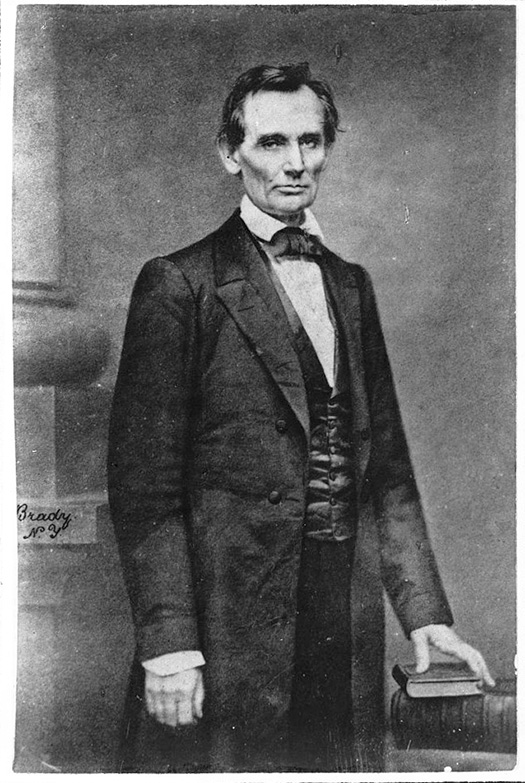
1907 Vienna, Science: Carl Jung and Sigmund Freud met for the first time at a coffee house where they ate sachertorte. Other dates are given for their first meeting, first discussion, first handshake….but the cake remains the same.
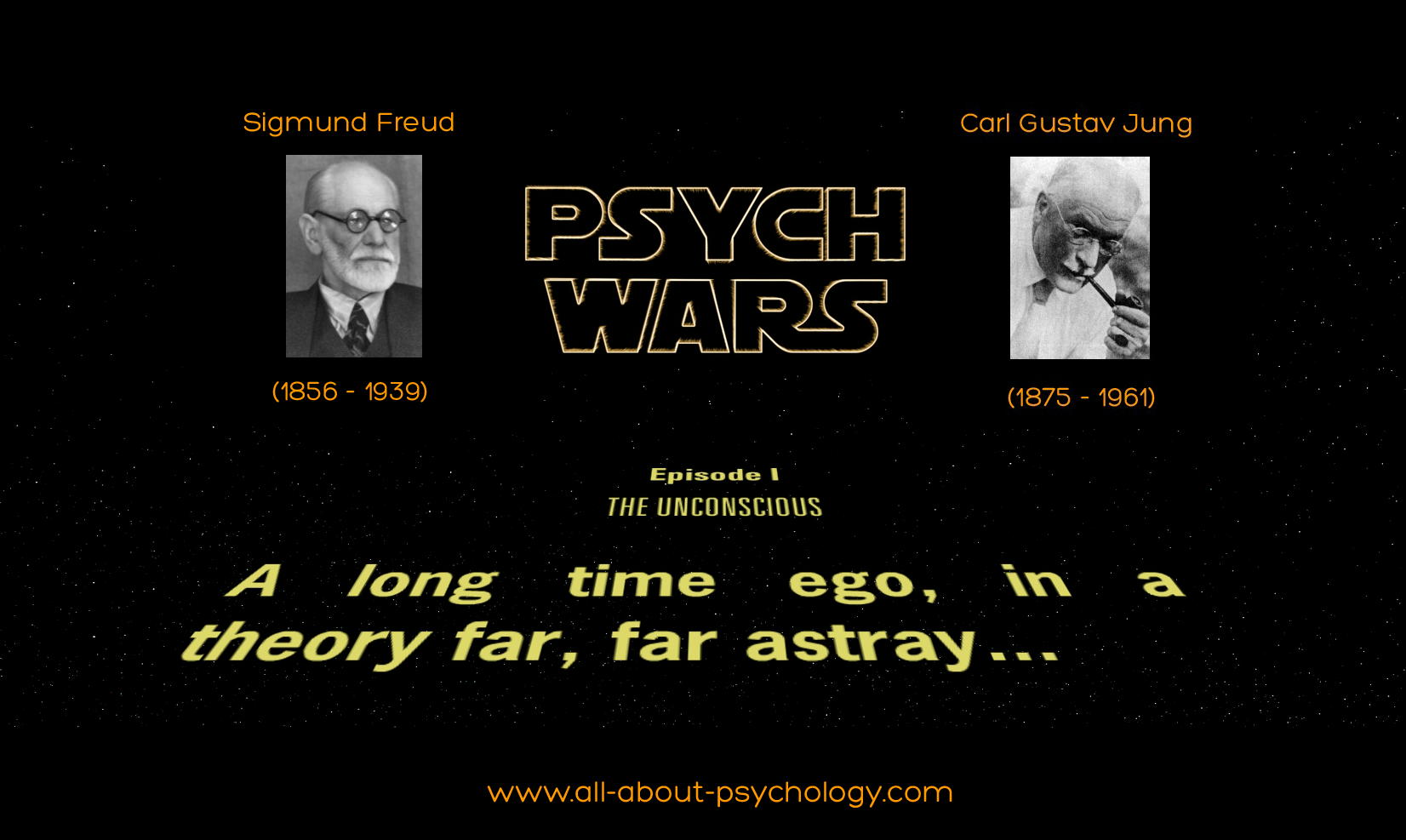
1932 Cambridge, Science: James Chadwick discovered the neutron for which he got a Nobel Prize. Later he headed the British atomic bomb project.
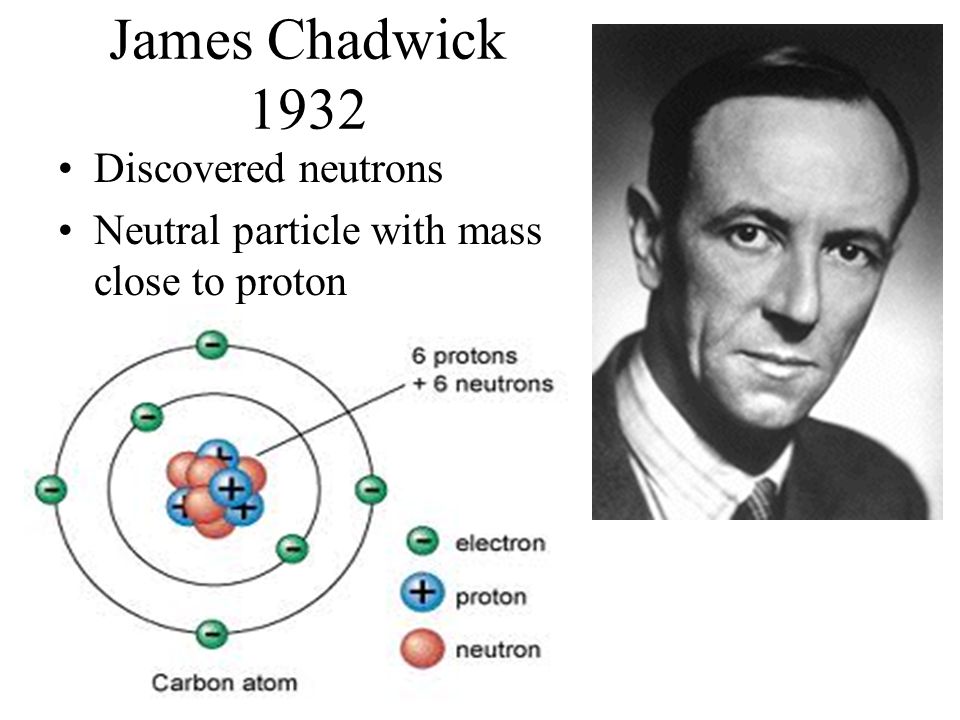
1990 Devonport (NZ), History: The final day of the rum ration for sailors of the Royal New Zealand Navy. Believe it or not, Ripley. The Royal Navy had ended the practice twenty years earlier in 1970.
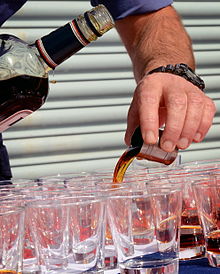
26 February
1606 Arnhem Land, History: Seaman Willem Jansz of the Dutch East India Company landed near Weipa in the far north of Queensland to take on water. He is the first recorded European visitor to the mainland of Australia, though he thought it was continuous with New Guinea, as it once was.
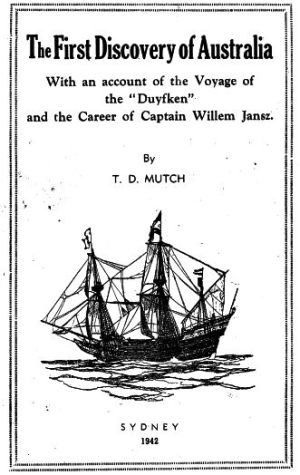
1616 Rome, Religion: Pope ordered Galileo Galilei to deny helio-centrism, or else.
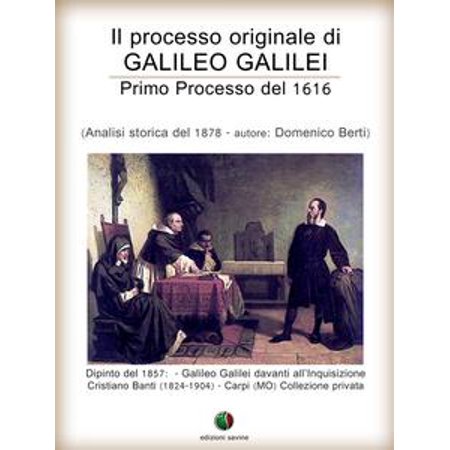
1919 Washington, D.C., Politics: Congress legislated to establish the Grand Canyon National Park. The original bill had been introduced in 1882. Using the executive powers of the Presidency in 1906 President Theodore Roosevelt had made the Grand Canyon a game reserve. He did the same in 1908 when he had made it a National Monument under the protection of the Federal Government. But legislation to make it a Park was repeatedly defeated in 1883, 1886, 1905, 1907, 1910, and 1911. Even today there are rumours of minerals and oil in them there canyons.

1949 Fort Worth, Technology: A B-50 Superfortress took off in the first continuous round-the-world flight with a crew of fourteen. In 94 hours it travelled 23,452 miles. It was re-fueled four times in the air by B-29 tankers in carefully planned rendezvouses, and returned to Fort Worth on 2 March. The flight tested equipment, crew endurance, planning, flight fuelling, and weather conditions. This was a Cold War exercise. It is pictured below landing back in Fort Worth.

1984 New Haven, Literature: Robert Penn Warren became the first United States poet laureate. He had moved to New England in a self-imposed exile from the South where his support for racial integration had made him a pariah. I heard him read his poetry twenty years earlier, and felt privileged for it.
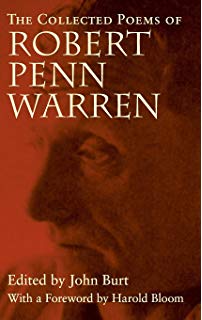
25 February
1862 Philadelphia, Economy: The first United States paper money was issued. Because of its green colour it quickly became known as the greenback. Heretofore banknotes had been just that notes issued by particular banks. The Government had minted coins (hard money) and issued warrants that could be converted into gold at banks.
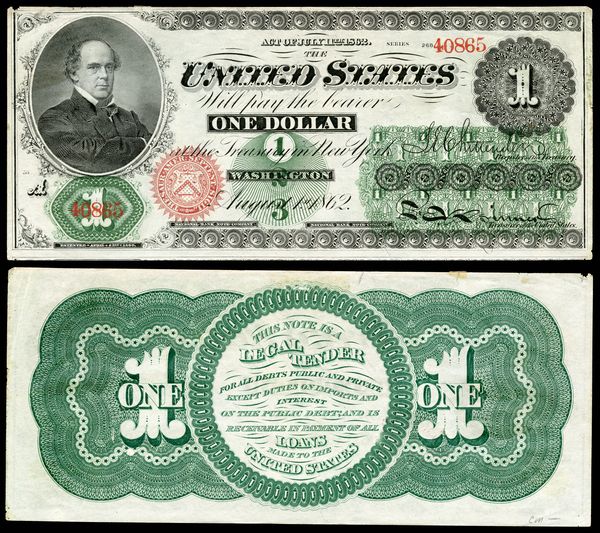
1904 Dublin, Literature: J. M. Synge’s ‘Riders to the Sea’ premiered. It is a one-act tragedy famed for its poetic language in which the waters give and take the lives of the fisherman and their folk.
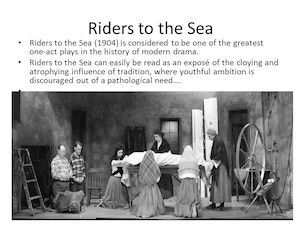
1956 Moscow, Politics: In a secret speech to the Twentieth Congress of the Communist Party of the Soviet Union, party chairman Nikita Khrushchev denounced Joseph Stalin’s reign of terror.
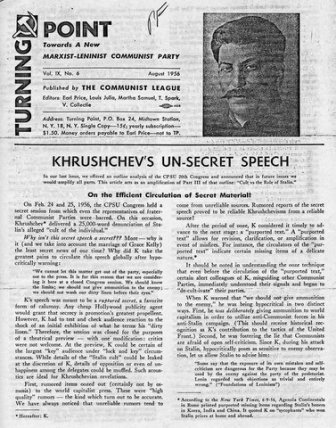
1964 Miami Beach, Sports: At a 3-1 underdog defeated reigning heavyweight boxing champion Sonny Liston and did so easily. That was Cassius Clay.
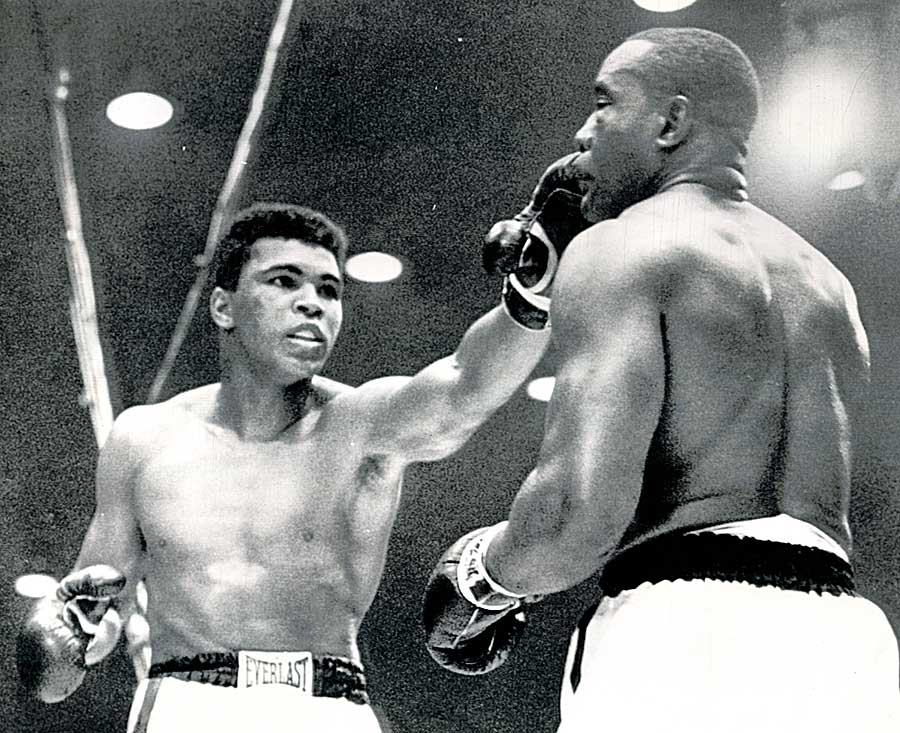
1965 Ottawa, Politics: The André Laurendeau and Davidson Dunton’s Royal Commission Report committed Canada to Bilingualism and Biculturalism. It morphed into Bilingualism and Multi-culturalism in short order. It was the first time the Federal government undertook to preserve French.

February 24
1510 Rome, Politics: Pope Julius II excommunicated the whole of the Republic of Venice. At the time Julius was allied to the French, trying to drive the Venetians out of the northern Italian region. He had changed sides several times to keep his enemies at bay. The Venetian Senate did not bother to inform the populace and in time with another changing alliance the excommunication was lifted.
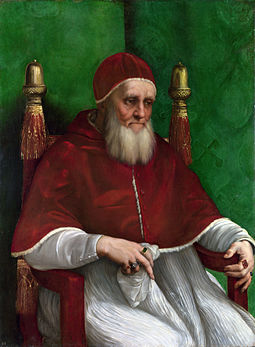
1582 Rome, Technology: Pope Gregory XIII asserted the new calendar that still bears his name. It was devised by Luigi Lillo who reformed the Julian calendar. To make the change, later in the year the calendar moved from 4 October to 15 October to re-set the year, omitting Eisenhower’s birthday. The 29th of February as a corrective. This calendar remains in use.
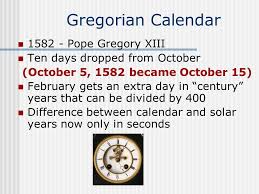
1821 Igula (Mexico), Politics: Two leaders of a popular revolt Agustín de Iturbide and Vicente Guerro agreed that once the Spanish were driven out the independent country would be a monarchy, Roman Catholic, and based on equal rights. It set the foundation for the Mexico to come.
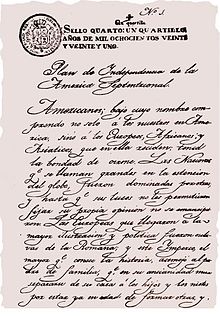
1977 President Jimmie Carter declared that US foreign aid will be allocated in part on guarantee of human rights. The gesture put human rights on the international agenda as never before. The White House, for a time, was off the Christmas card list of dictators here and there. Consistent with his beliefs, Carter extended a visa to the Shah with regrettable results. Consistency is no virtue in changing times. See the entry above about Venice.
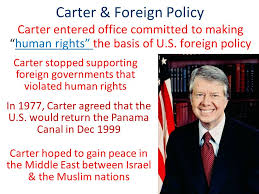
1984 Sydney, Medicine: Dr Victor Chang performed first successful heart transplant in Australia. He was later murdered by three bunglers all of whom have served their time and are now free men, but Dr Chang is still dead, his children still without a father, and his widow a widow. She went to great pains to keep his name alive by raising money for medical care and research.
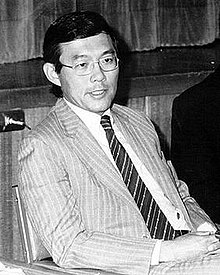
Ellen Wilkinson, ‘The Division Bell Mystery’ (1932)
GoodReads metadata is 256 pages, rated 3.57 by 132 litizens
Genre: Krimi, sub-species Locked Room murder.
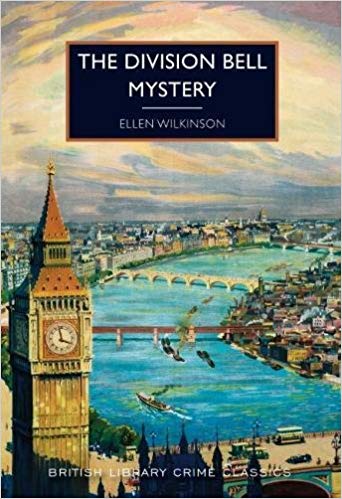
Verdict: More, please.
In the hallowed halls of Westminster a financier sits down to dine tête-à-tête with his old friend, the Home Secretary in a private room. The subject of conversation will be money, a lot of it for the Exchequer is at low tide. But before the Home Secretary can pop the question of a gigantic loan, the division bell rings and off he goes to the floor of the House of Commons to cast his vote, leaving Money Bags alone in a closed room with an attendant outside. Yes, I know, not literally a locked room but near enough.
When the Home Secretary, famed both for this stupidity and honesty, the former, say the wits, explains the latter, returns to dinner he finds Money Bags shot dead!
While Scotland Yard puts in an appearance, a young parliamentary secretary is drafted to investigate the nooks and crannies of Westminster where no plod is likely to make headway. The Tory government is already rocky and this murder could send it to the bottom in no time, unless there is a quick resolution that clears the air. More generally the murder of a major financier does not enhance the reputation of England as a safe investment to other financiers!
As a guide to the topography of parliament of the time, this is Baedeker in all but name. It comments on the accommodation, the food, the time to get from one place to another, the friendliness of locals, the standard of service. and so on.
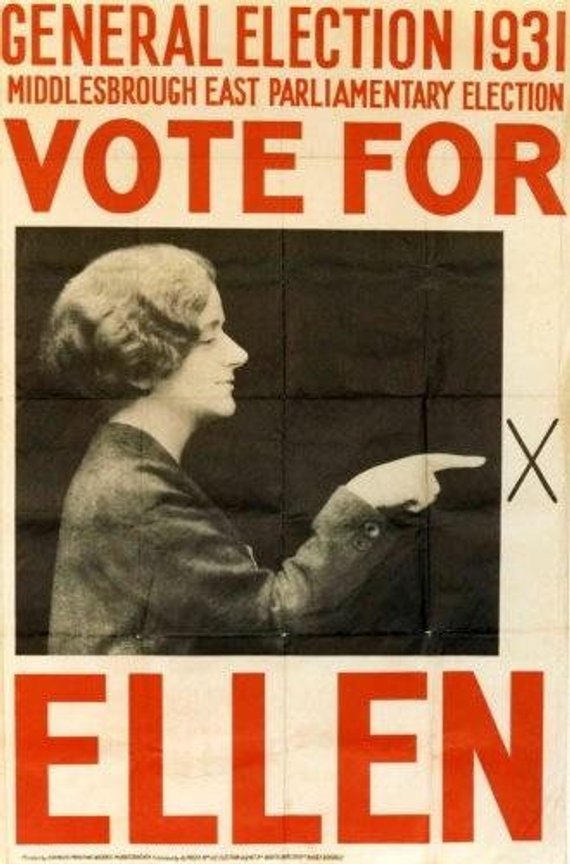
The author was a Labor MP and she has an eye for details, and the wit for satire, all of which is well judged. Just enough to taste but not too much to jade.
It is far superior to J V Turner’s ‘Below the Clock’ set in the same time and place, discussed elsewhere on this blog. This leaden title is rated higher at 3.64, such is the idiocy of the species.
‘The 7th Function Language’ (2015) by Laurent Binet.
Good Reads meta-data is 383 pages, rated a measly 3.7 by 2515 litizens.
Genre: Libel, krimi
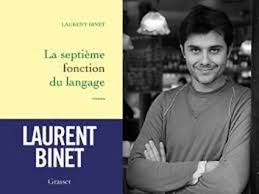
Verdict: How did it get published!
Paris, February 1980. Roland Barthes (1915–1980) noted obscurantist, died in a street accident. But was it an accident? Did he die then or later? Indeed, what is death?
Why were Bulgarians there on the zebra crossing? Where is the notebook that Barthes always carried with him as he read the signs? (But evidently not the one in front of him which said ‘Ne march pas.’) What are the six functions of language? Why are several witness short of fingers? Is Michel Foucault (1926 -1984) completely nuts? Why do those two over there always carry umbrellas? Did the Gulf War occur? Such a lot of questions, it must be a seminar.
The President of the Republic himself assigns the investigation of this accidental death to Commissar Jacques Bayard! A traffic accident! ‘Moi, one of the most experienced detectives since Maigret, saddled with a street accident,’ thinks Bayard. Sacré bleu!
Bayard soon finds that he has landed on Mars. As a representative of the repressive state apparatus in his crumpled Bon Marché polyester suit, driving a clapped-out deux chevaux, bearing chronic shoulder pain from a stab wound inflicted on him by a doped-up junkie, smoking cheap cigarettes, no intellectual will speak to him. They all delight in reviling him in polysyllabic words while proclaiming their humanity.
In addition to Foucault (who is completely nuts) he meets Gilles Deleuze (1925-1995), Jacques Lacan (1901-1981), Louis Althussier (1918-1990), Phillippe Soller (1936-) , Julia Kristeva (1941-), Bernard-Henri Lévy (1948-), Jean Baudrillard (1929-2007), Jacques Derrida (1930-2004), Jean-François Lyotard (1924-1998), and their acolytes. Bayard cracks a tooth clenching his jaw while trying to get one of these useless clowns to answer a simple question. He resists the temptation to slap them around. Though his self-control weakens when he remembers the good old days in Algeria when a slap was the start of an interrogation in a basement room that could be hosed out later.
To navigate this world of extra-terrestrials Bayard press-gangs a cicerone and translator, a Phd student from the mud heap of Vincennes, Simon Herzog, and off this mismatched pair goes: First to Bologna to interview the master reader of signs, semiologist Umberto Eco (1932-2016) who can tell them nothing useful at great length. In Bologna they also cross paths with the Red Brigades, happily murdering by-standers while shouting clichés. And behind the moustaches are more Bulgarians.
Then on to Ithaca….
How Binet managed to publish this libellous and delightful book is the real mystery here. Though the great intellectuals he parodies were often so ridiculous only a PhD could take them seriously, Binet’s achievement is to make them even more absurd than they made themselves. Who would have thought that was possible. Of course the joke is on all those PhDs who incant their names with reverence. This is all the more surprising considering both the grim subject and gritty style of his previous novel ‘HHhH’ (2010).
This is most singular book I have read in ages.
23 February
1455 Mainz (German), Technology: The first print run of the so-called Gutenberg Bible began, the first European book printed with metal, moveable type rather than carved wooden blocks of text. Perhaps fifty copies survive of a print run of about 150. It was not a commercial success for Johannes Gutenberg.
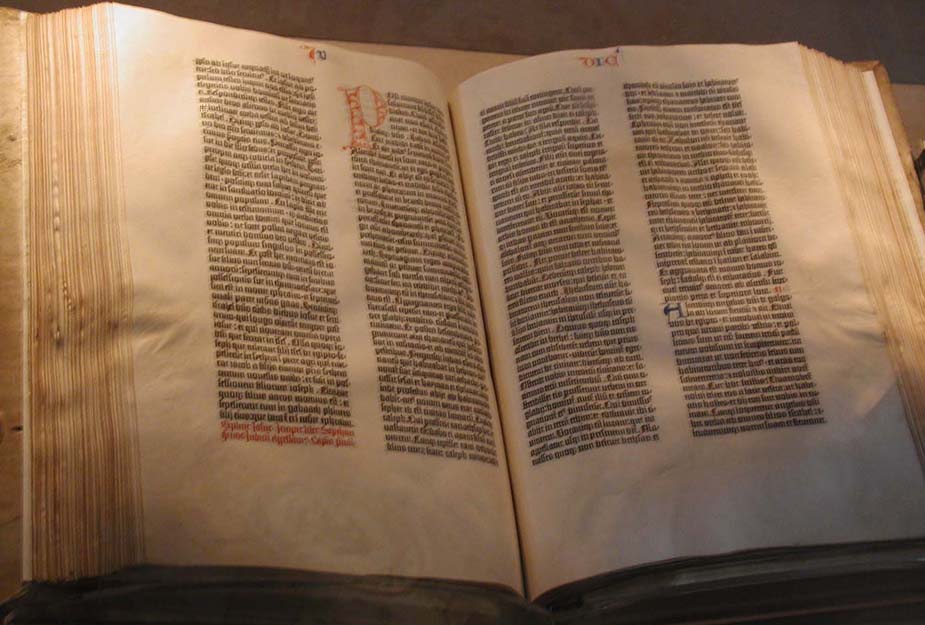
1940 Okemah (Oklahoma), Music: Woody Guthrie wrote the song ‘This Land is Your Land.’ He intended it to be a response to Irving Berlin’s paean ‘God Bless America.’ It became a working class anthem, which inspired the likes of Bob Dylan. Notice the sticker on the guitar.
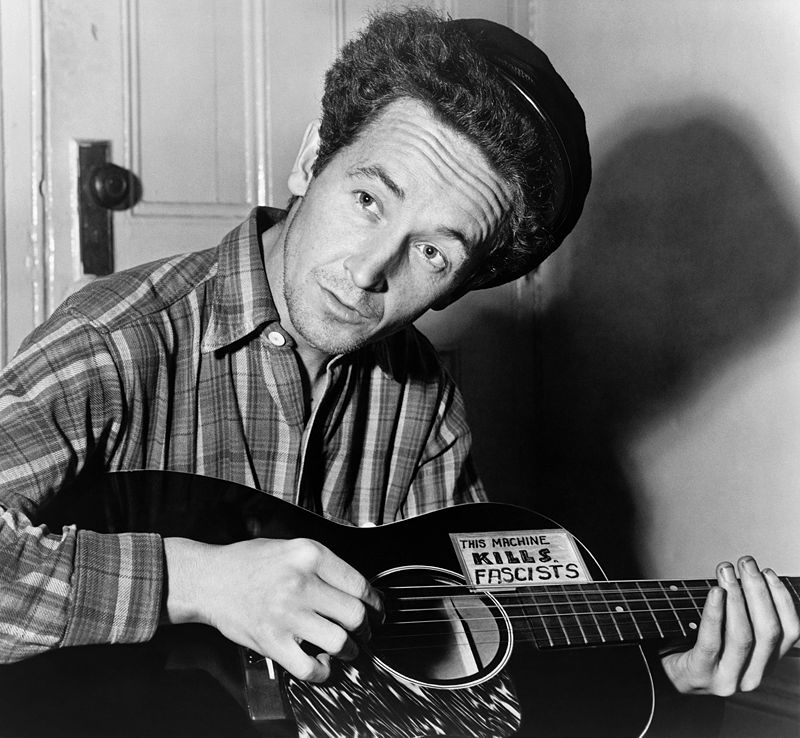
1963 Vienna, Music: Luciano Pavarotti made his debut in ‘La Traviata’ with a voice like an all-enveloping ocean, said one critic.

1970 Perth, Technology: The Indian Pacific train left for Perth from Sydney on its inaugural run. The trip was made for the first time without changing rains or stopping. It had taken ten years for the South and Western Australia tracks to be converted to match the Australian National standard. The trip takes about seventy-two hours in all. Never done it. Never been tempted to do so.

1981 Madrid, Politics: King Juan Carlos went on television to demand that the uniformed rebels who, having shot their way into parliament had seized hostages, lay down their arms, and ordered the remainder of the Army to abide by the constitution. It was a risk that no one would obey this ersatz king to whom many referred as ‘The Swiss’ and the backstage story must have been tense. Below is a still photograph from that broadcast. This was the farce that followed the tragedy of the Spanish Civil War.
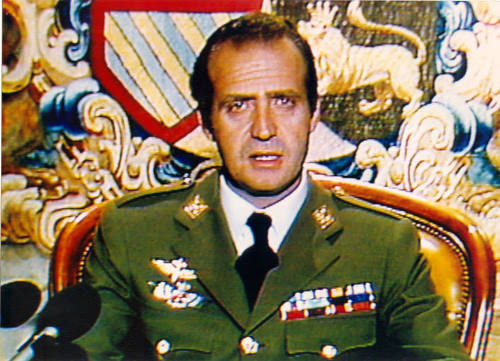
22 February
1819 Washington, D.C., Politics: The Florida transfer was concluded in which Spain ceded all its claims to the peninsula it had first settled at St. Augustine in 1565. Secretary of State John Quincy Adams negotiated the pact at no cost. Rather the United States took over the debts Spain had incurred in the territory, mostly claims for Americans for losses due to Spanish maladministration. Florida had long been a burden to Spain with no benefit. Adams suggested his rival Andrew Jackson as the governor of the territory, an arrangement that ensured Congressional support. This is one of the few times Quincy Adams showed political acumen.
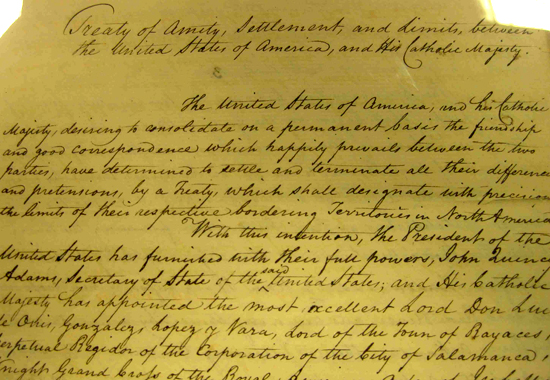
1879 Utica (New York), Commerce: Frank Woolworth opened the first store of that name. With his brother later he opened a second in Lancaster (Pennsylvania). All items were priced at five or ten cents, these stores and their rivals (e.g., Kresge, Ben Franklin, Kress, Reitz) came to be called five-and-ten cent stores, or later, dime stores. Woolworth stores have disappeared into corporate buyouts and mergers in the United States. Those bearing that name elsewhere have no connection with these origins. Yes, we have one of those others nearby.
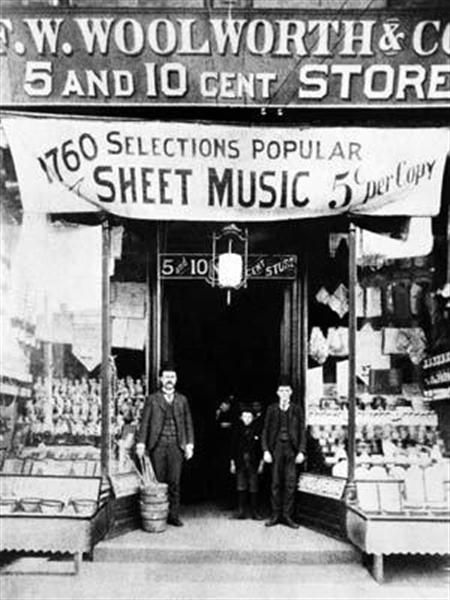
1946 Moscow, Politics: George Kennan sent the Long Telegram to the Department of State. In it he spelled out in 8,000 words the policy of containment of the Soviet Union that dominated United States foreign policy for the next generation of the Cold War. He followed this up with ‘The Sources of Soviet Conduct’ published in ‘Foreign Affairs’ by ‘X’ in 1947. Of course, he knew and we know that the Soviets read them both with interest.
1965 Canberra, Economy: The Royal Australian Mint. built to produce decimal currency, opened, a year before the Australian dollar and its tenths hit the streets. Been there and seen the robots at work.Below Prince Phillip throws the switch to start the machinery. With advent of the ubiquitous card, what will mints mint in the future?
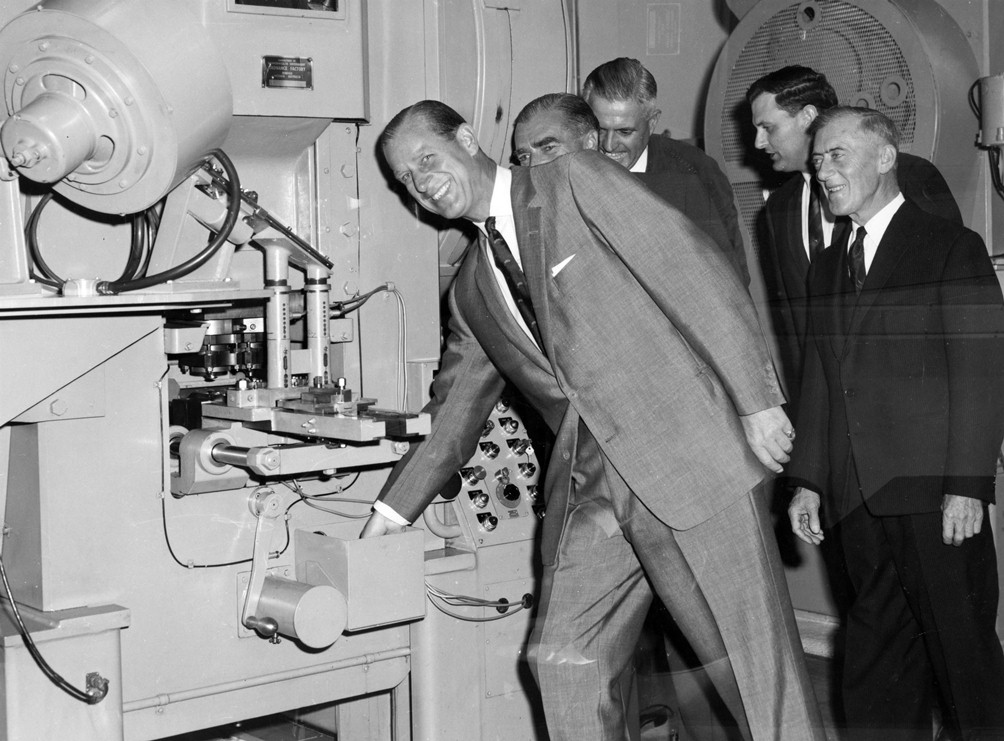
1996 Edinburgh, Science: Dolly the Sheep appeared, cloned from an adult cell.
